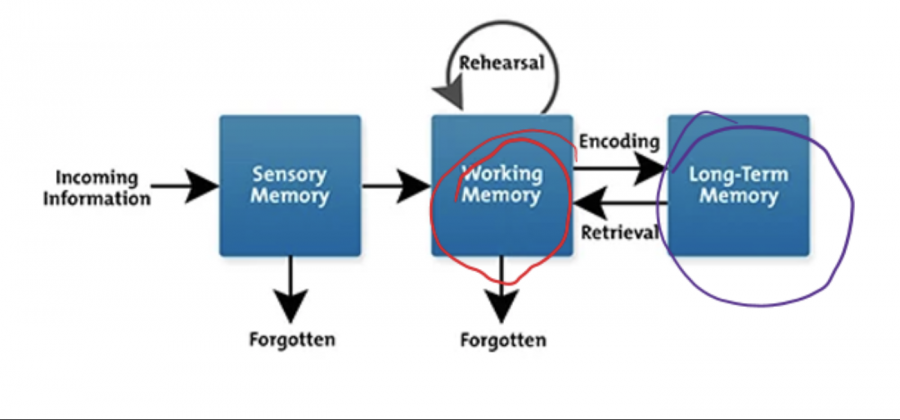Just because you can doesn’t mean you should: the downsides of cheating during online school
November 24, 2020
At school, with teachers constantly watching over the classroom, most students agree that it’s more work to cheat than to just study the material for the test. Plus, academic honesty is heavily enforced in school and offences go on transcripts, deterring many students from trying to cheat.
But from the comfort of our own homes, academic integrity is very hard—if not impossible—to enforce.Most teachers have resorted to making tests open-book, but even so, many students go even farther and Google answers to exam questions or have FaceTime calls during tests to check answers. Sure, this can inflate a student’s grade for a few assignments, but what is it doing to our learning?
Exams have been proven to be a great way to test how much information is learned by students and how well they can apply concepts based on what they have learned. By not taking tests seriously, students are only impairing their own learning and many concepts are only being learned for the short-term. In the long-term, with no studying to drill in concepts, information is lost.
Additionally, by not taking tests or assignments independently, students are unable to measure how much of the material they actually know. Many people don’t even know what to study to improve their skills anymore.
This might seem fine for now, when we are in the controlled environment that is high school. But school, in the way students are treating it, is no longer a viable way to create study skills and habits to succeed in college or later in life. Although communication and collaboration are important skills, many jobs require potential employees to have valuable knowledge that sets them apart from the competition.
So why is it so hard to maintain integrity at home? One important and unfortunate situation to note is that if everyone is cheating but one person who is trying to maintain his or her integrity, that person who isn’t cheating could unfairly get a lower grade than those who are “using their resources.” This system of self-regulated academic integrity can act as a punishment for those who are truly trying to learn. However, many classes at Liberty don’t operate on a curve, so that doesn’t serve as too much of an incentive. The bigger incentive is maintaining a high grade.
What’s ironic is that studying and holding oneself accountable for said studying will make that high grade sustainable in the long term by truly learning as opposed to the serial copying that is happening right now. As students, it is our job to do the best we can with what has been given to us and to be responsible for our own learning and growth. That starts with taking tests honestly—even if it means one or two lower grades.
Crash course psychology: Why shouldn’t I cheat if I can?
Because you won’t remember any of the information you may need later on!

Cheating and googling answers will get important information being tested into sensory or working memory, what we call short-term memory, at most and will soon-after be forgotten.
Testing gets information into long-term mental storage, which can be retrieved or brought back/ remembered during important exams or discussions.